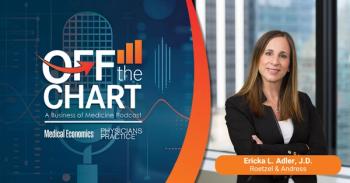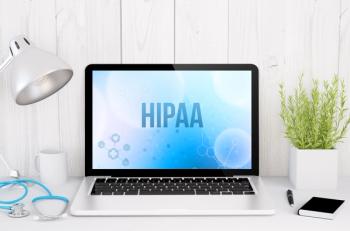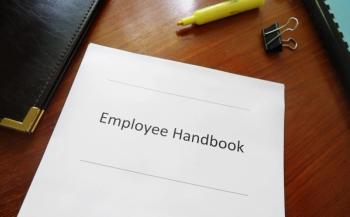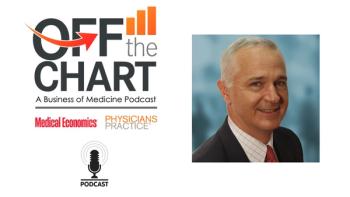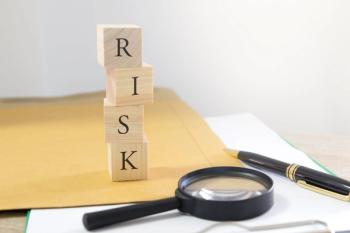
The Importance of Winter Storm Prep at Your Medical Practice
How winter's wrath illuminates the importance of a good medical-disaster plan.
An important part of asset protection involves personal security; threats to your life and physical well-being. We've examined a variety of personal-security issues before as well as a multi-part look at crisis management for your medical practice, including natural disasters. On the heels of my personal experience with the snowstorm disaster in Atlanta last week, and as a new round of storms slams the East coast, we look at issues every physician, their staff, and families must be aware of before, during, and after a severe winter storm at this often unpredictable time of year.
According to
One of the primary concerns is the winter weather's ability to knock out heat, power, and communications services to your home or office, sometimes for days at a time. Heavy snowfall and extreme cold can immobilize an entire region. The National Weather Service refers to winter storms as the “Deceptive Killers” because most deaths are indirectly related to the storm. Instead, people die in traffic accidents on icy roads and of hypothermia from prolonged exposure to cold. It is important to be prepared for winter weather before it strikes.
My Own Experience - Atlanta
I flew into Atlanta Tuesday of last week, the day the storm hit and a day ahead of an educational event where I was invited to speak to a large group of professional athletes. I'd left Phoenix on a sunny, 75-degree day expecting that it might be "a little chilly" in Atlanta. My flight was on time and actually landed about 15 minutes early, but as we descended I saw that the snow was falling and the city was completely covered in snow. I had no idea about what was to come.
On this trip I was staying with family in Sandy Springs, an Atlanta suburb about 16 miles from the airport. My ride didn't make it to the airport until a full six hours after leaving home for the quick cross-town trip. On the way he passed countless wrecked or stranded cars that had slid into each other or onto curbs and were stuck on ice with no traction. We headed out of the airport and took a less-traveled route to avoid traffic; that's when we realized were in trouble again.
The freeway was gridlocked for miles, as far we could see, and a dead stop, not just slow. There were cars along the shoulder on both sides of the road; some were occupied and running with people who had slid into the retaining walls sitting inside, others were abandoned. We heard on the radio that many people who been in traffic for hours had simply run out of gas and either hitched a ride with a stranger or walked away on foot, although I have no idea where they went or were going. The freeway itself was a sheet of ice in many areas, and even moving at 5 mph was difficult for many cars and trucks.
Only the fact that we were in a four-wheel drive SUV with a full gas tank and had the use of iPhones with Apple maps allowed us to find side streets and keep moving slowly and carefully. We wove our way in and out of stalled cars, trucks, emergency vehicles, and people standing in the road, helping direct traffic and pushing stalled cars, some of which had been abandoned. Another six hours of treacherous driving later we made it back home, around 2:30 a.m.
We were lucky. Many were trapped in their cars for more than 20 hours, and ended up sleeping in them, while others were lucky enough to take shelter in various restaurants and stores like Home Depot, which kept stores open all night as a public service. The experience was eye-opening and could have been much worse for us. There were others who were stuck on freeways and even city streets with children or infants, had medical conditions or medical emergencies, and who were without vital medication.
Next week we will look at what we could have done better and how safety experts say you must prepare before during and after a winter storm. Stay safe out there.
Newsletter
Optimize your practice with the Physicians Practice newsletter, offering management pearls, leadership tips, and business strategies tailored for practice administrators and physicians of any specialty.

